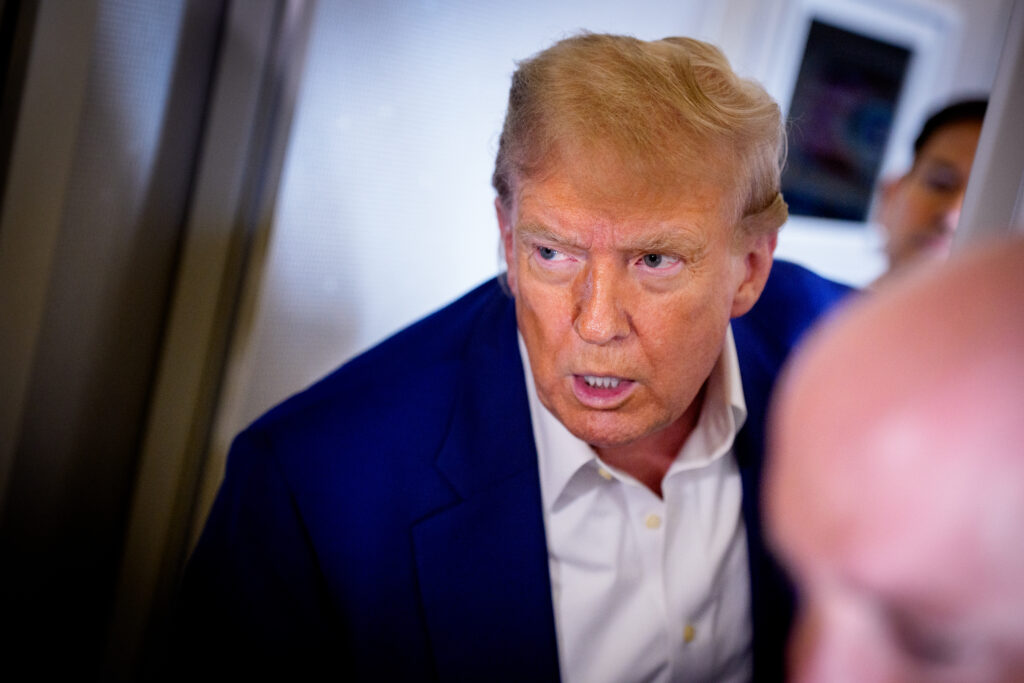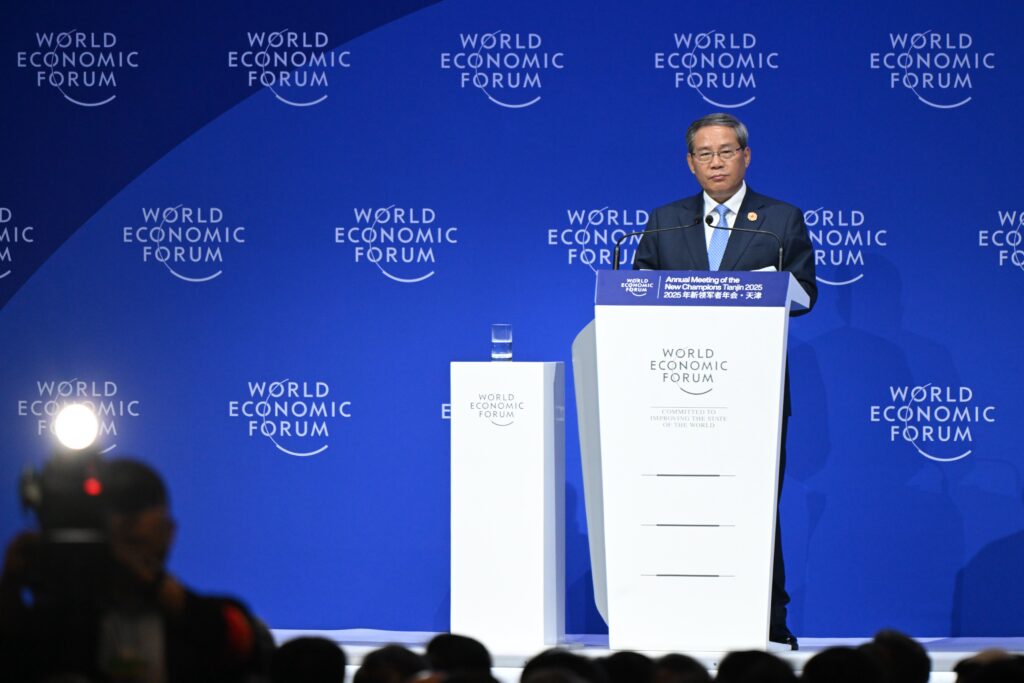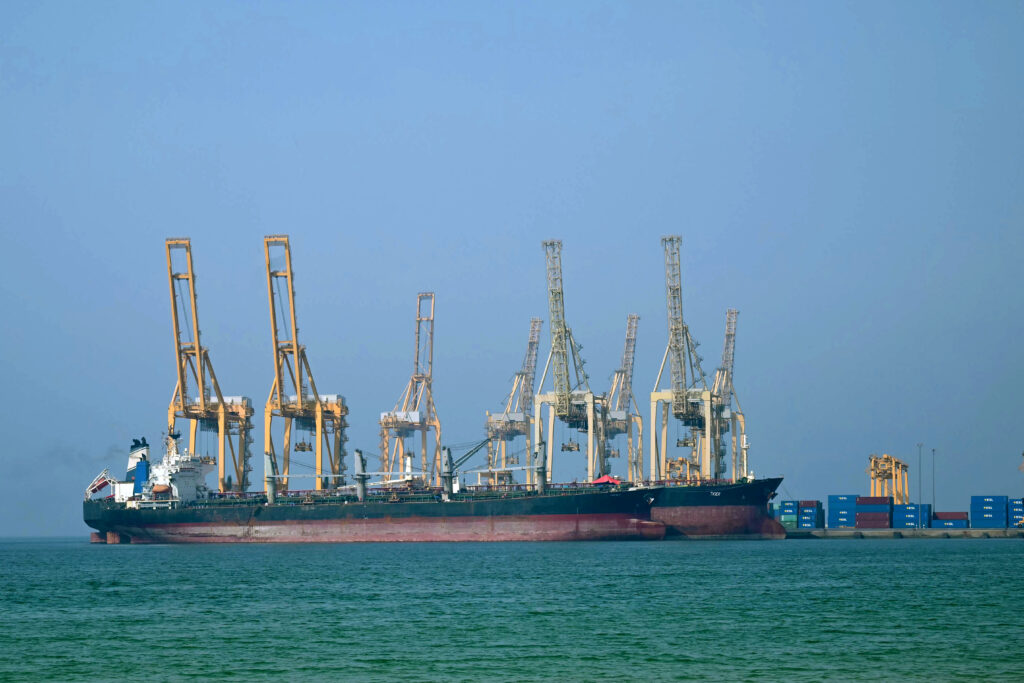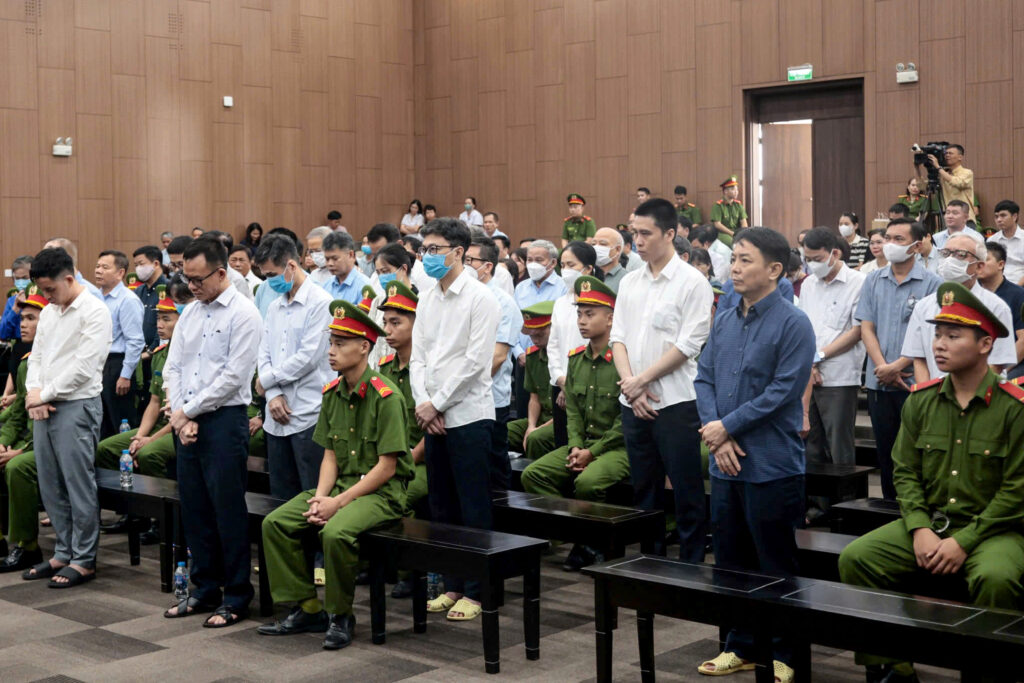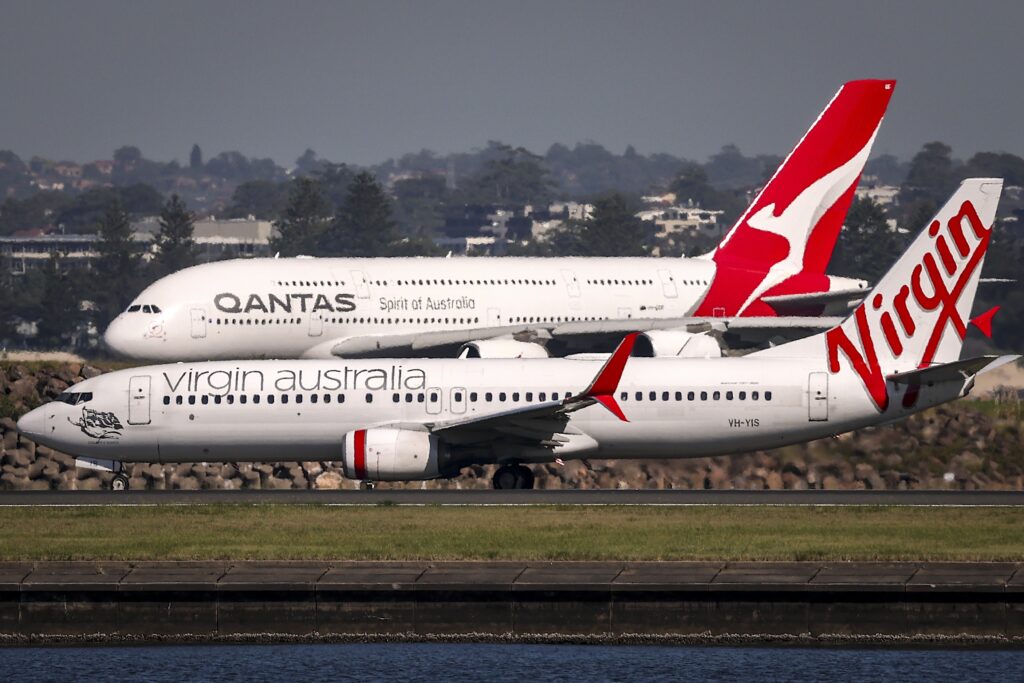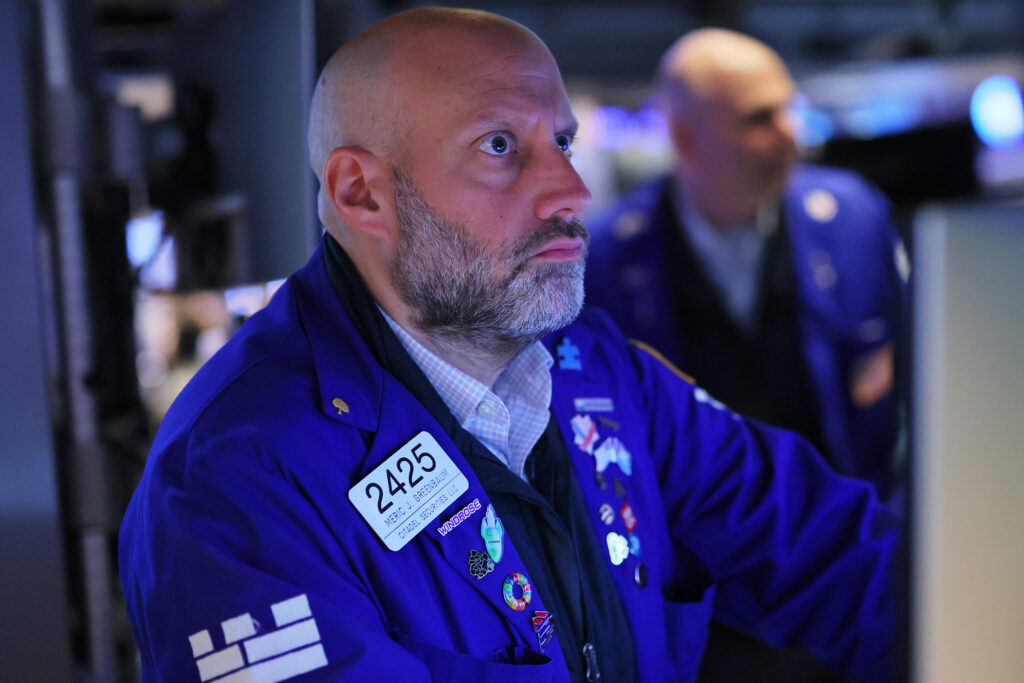Stocks rally as Iran-Israel ceasefire holds, oil claws back some losses
Most equities extended a global rally Wednesday after Iran and Israel agreed to a ceasefire that ended more than a week of hostilities, while the dollar held losses following a sharp drop stoked by bets on a US interest rate cut.However, wariness over the agreement involving the Middle East foes helped oil prices climb, though they are still well down from their highs on Monday.Investors around the world breathed a sigh of relief after Donald Trump announced the ceasefire days after US forces bombed Iran’s nuclear sites, which he said were “completely destroyed”.The Israeli government said it had agreed to the US deal after achieving all of its objectives in the war with Iran, with Prime Minister Benjamin Netanyahu hailing a “historic victory” after 12 days of bombing.Stocks surged on the news, and the optimism rolled into Wednesday, with Hong Kong, Shanghai, Tokyo, Sydney and Singapore leading the gains across Asia. There were small losses in Wellington, Bangkok and Jakarta.London, Paris and Frankfurt were also on the front foot.Oil prices, which tanked on news of the ceasefire, rose with both main contracts up nearly two percent.However, they are still down around 15 percent from the highs hit Monday in the first reaction to the US bombing of Iran and before the ceasefire announcement.The mood was also helped by Fed boss Jerome Powell choosing not to pour cold water on the prospects of a rate cut.In closely watched testimony to Congress, he said that “if it turns out that inflation pressures do remain contained, then we will get to a place where we cut rates sooner rather than later”.While he said “I don’t think we need to be in any rush because the economy is still strong”, the comments indicated a flexible tone. They also came after Fed governors Christopher Waller and Michelle Bowman suggested officials could reduce borrowing costs next month.The dollar tumbled against its peers and remained under pressure against the yen, pound and euro in Asian trade.”The market staged a full-throttle risk-on revival, launching global equities into the stratosphere as oil prices cratered and rate-cut bets gained momentum,” said SPI Asset Management’s Stephen Innes.”With the Middle East truce — however duct-taped and temperamental — holding long enough to calm headlines, traders pulled the ripcord on the fear trade and dove headfirst into equities.”Trump’s… scolding of Israel and Iran added ice water to the fire — or at least enough jawbone to muzzle the Middle East combatants for now.”- Key figures at around 0810 GMT -Tokyo – Nikkei 225: UP 0.4 percent at 38,942.07 (close)Hong Kong – Hang Seng Index: UP 1.2 percent at 24,474.67 (close)Shanghai – Composite: UP 1.0 percent at 3,455.97 (close)London – FTSE 100: UP 0.3 percent at 8,786.74West Texas Intermediate: UP 1.9 percent at $65.58 per barrelBrent North Sea Crude: UP 1.9 percent at $68.43 per barrelEuro/dollar: DOWN at $1.1600 from $1.1625 on TuesdayPound/dollar: DOWN at $1.3610 from $1.3616Dollar/yen: UP at 145.30 yen from 144.89 yenEuro/pound: DOWN at 85.21 pence from 85.24 penceNew York – Dow: UP 1.2 percent at 43,089.02 (close)
